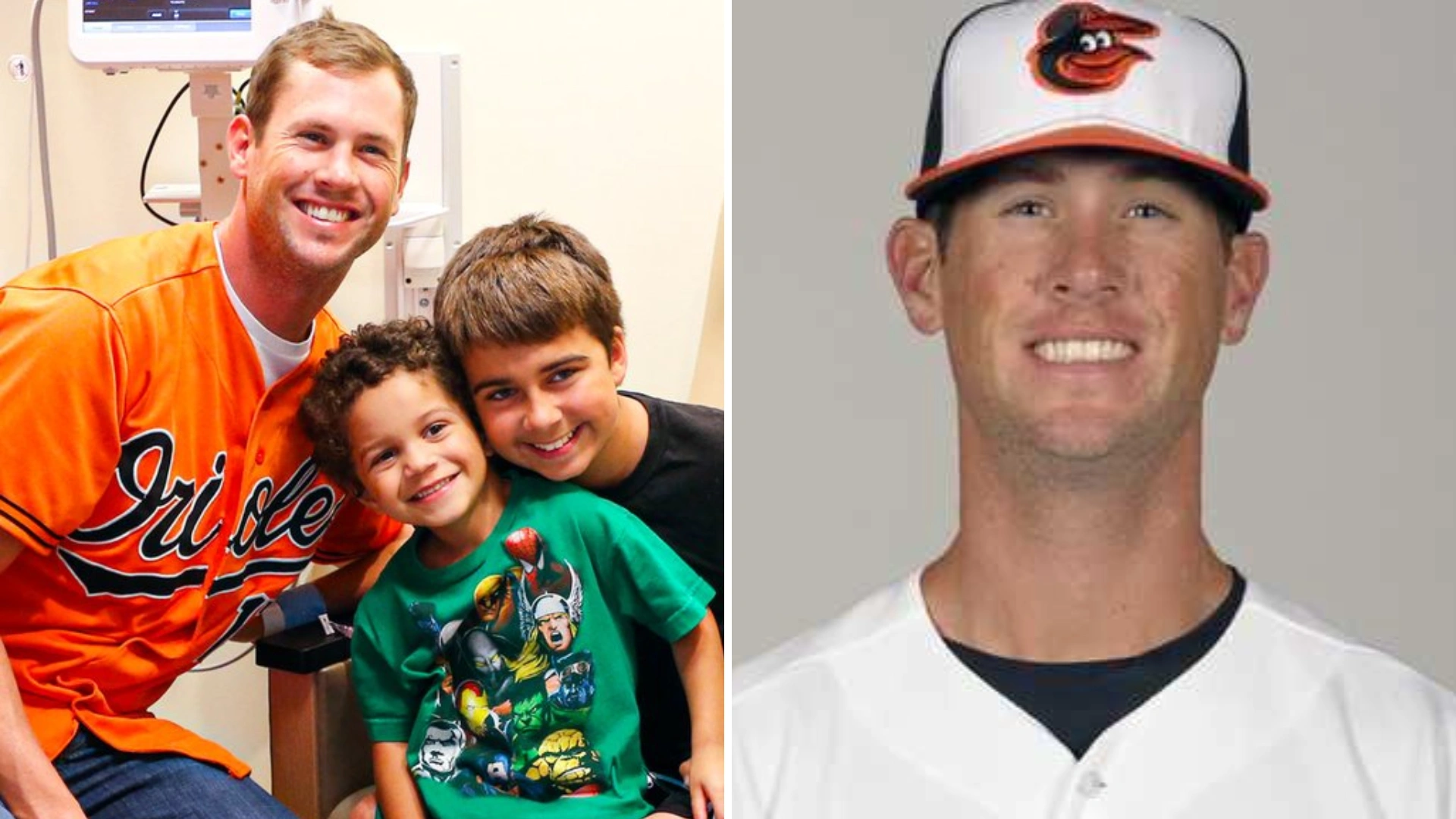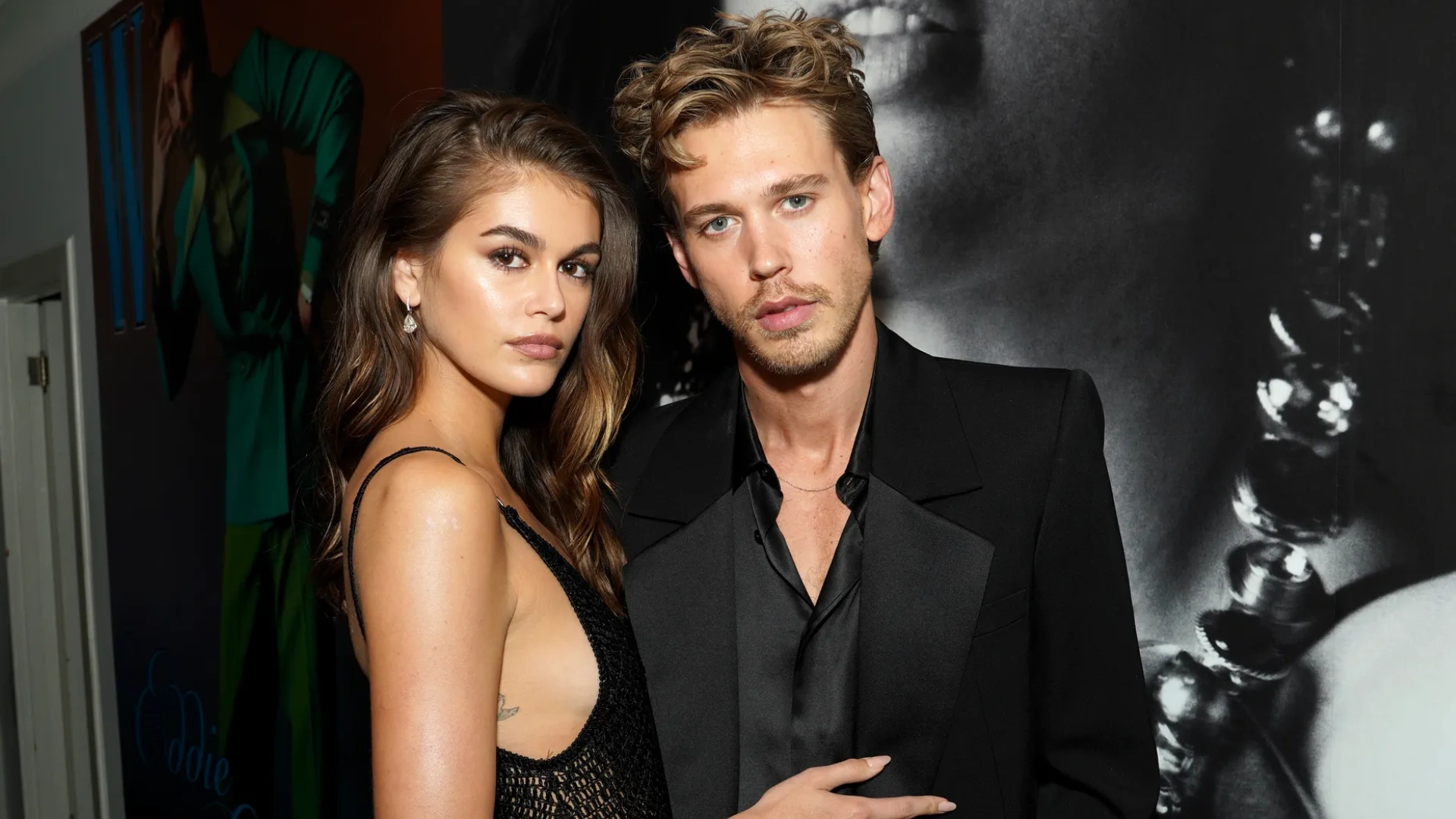In a landmark move, the Australian Senate has passed a world-first law aimed at protecting children from the dangers of social media. The bill, passed Thursday with a vote of 34 to 19, makes social media platforms including TikTok, Facebook, Instagram, Reddit, Snapchat, and X (formerly Twitter) liable for fines up to 50 million Australian dollars (approximately $33 million USD) if they fail to prevent children under the age of 16 from holding accounts.
The law follows a similar approval from the House of Representatives just a day earlier, where the bill passed overwhelmingly with 102 votes in favor and only 13 against. While the House has yet to endorse the amendments introduced by the opposition in the Senate, this is expected to be a mere formality, as the government has already signaled its commitment to passing them. The bill’s swift movement through both houses signals bipartisan support for the policy, which aims to tackle the alarming rise in young people’s exposure to online dangers.
Once enacted, the law will give social media platforms a one-year grace period to develop and implement systems that will ensure no child under the age of 16 can register for an account. After this period, companies that fail to comply with the law will face significant fines for systemic failures to safeguard young users. These measures come at a time when Australia, along with many other countries, is grappling with concerns over the mental health of children and the growing impact of social media on their well-being.
MUST READ: Singer Mary Millben Calls For World Leaders To Condemn Attacks On Hindus In Bangladesh
While the new law focuses on children under 16, critics argue that the age limit may not be enough, calling for broader regulations that address the overall safety of young people on digital platforms. There is also concern about the practical implementation of such a ban, as many children have access to social media via alternative methods such as their parents’ accounts or VPNs that can bypass regional restrictions. Still, this legislation places Australia at the forefront of the global effort to regulate social media usage among minors.
This new law is being hailed as a potential template for other nations to follow. Many countries are looking to Australia’s approach as a model for how to regulate social media platforms in a way that prioritizes the safety of children while still allowing users to engage with digital content in a meaningful way. If successful, the law could spark a global conversation on how to address the complex and evolving challenges surrounding social media use among young people.
At a time when issues like cyberbullying, digital addiction, and privacy breaches are becoming more prevalent, this legislation marks a significant step in reshaping how social media is accessed by the youngest members of society. Australia’s proactive stance may pave the way for similar policies worldwide, further pushing social media companies to reconsider their practices regarding children’s safety online.
As platforms work to comply with the law, the true test will be how effectively they can prevent children from using their services. Some experts believe that these companies will need to invest in more advanced identification technologies, including facial recognition and stricter age-verification measures. However, there are also privacy concerns that may arise as a result of these technological solutions, and experts caution against over-relying on automated systems that may mistakenly target legitimate users.
Australia’s pioneering stance also raises important questions about the responsibility of tech companies and the role of government in regulating the digital landscape. As more children and teenagers around the world join social media, the pressure on lawmakers and platforms alike will only increase to find solutions that protect young users while balancing freedom of expression and access to online communities.
















